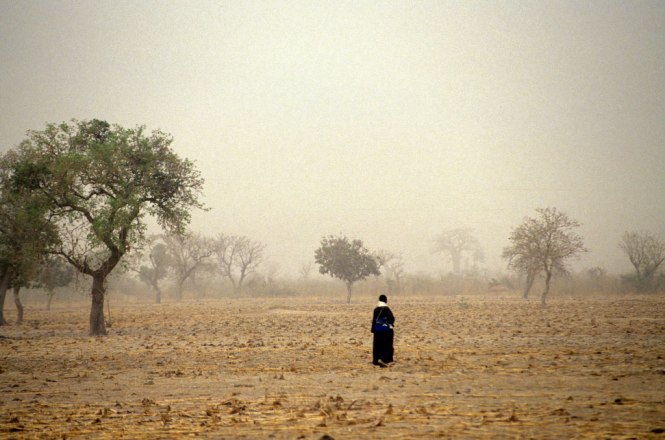“Climate change hits the poorest the hardest, and our challenge now is to protect tens of millions of people from falling into extreme poverty because of a changing climate.”
– The World Bank Group President, Jim Yong Kim
The changing of the world’s climate has been an important topic for the past decade. We have seen some horrific natural disasters and watched destroyed countries and cities try to recover from the results. The fact is that climate change is already preventing people from poverty.
The World Bank Group released a new report that claims there could be more than 100 million additional people in poverty by 2030. That is, unless we can rapidly develop climate-smart and emission-reduction developments. The report, “Shock Waves: Managing the Impacts of Climate Change on Poverty” will be presented at the international climate conference later this year.
Ultimately, the report discovers that poor people are already at high risk from climate-related shocks. Like what? Think about results of crop failures from reduced rainfall, spikes in food prices after these extreme weather events and increased incidences of diseases after heat waves and floods. These tough shocks wipe out hard-won gains and lead to irreversible losses that are driving people back into poverty, especially in Africa and South Asia.
The World Bank Group President, Jim Yong Kim has said, “This report sends a clear message that ending poverty will not be possible unless we take strong action to reduce the threat of climate change on poor people and dramatically reduce harmful emissions.”
The report shows information proving that the poorest people are more exposed to climate-related shocks like floods, droughts and heat waves than the average population. They lose much more of their wealth when they are hit.
One analysis of 20 developing countries showed that collecting and redistributing energy taxes would benefit poor people despite higher energy prices, with the bottom 20 percent of the population experiencing a net $13 gain for each $100 of additional tax. Well-designed emissions-reductions programs that strengthen the productivity of agriculture and protect ecosystems could benefit 20-50 million low-income households by 2030 through payments for ecosystem services.
This report was perfectly timed to gather enough attention on how the climate affects the poor before negotiators father in Paris for the international climate talks. I hope that the find to end poverty and slow down climate change can be achieved if they are addressed together. The number of people in poverty is only going to increase and their living situations are going to become worse and worse. Let’s put actions into our development work now.

